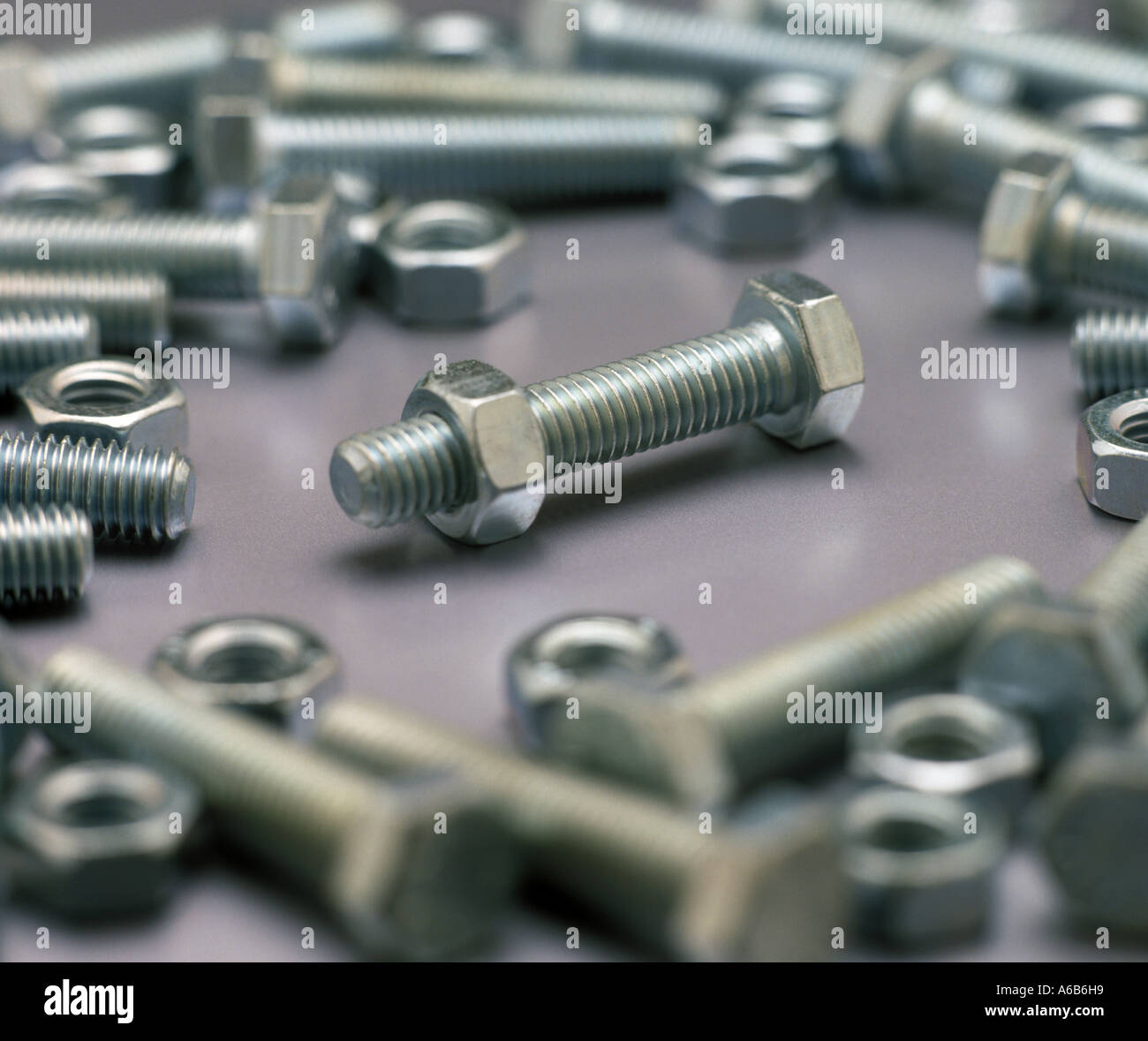Bolts About Bolts and Bolts: An Thorough Exploration

In the world of construction, fixing, and DIY projects, nuts and bolts are far than just simple components; they are the often overlooked heroes that keep everything together. From towering high-rises to your home furnishings, these small yet mighty components ensure that structures stay stable and functional. Understanding the various types of nuts and bolts, along with their applications, is essential for anyone wanting to tackle a task, whether it’s a home renovation or automotive repair.
This detailed guide will take you on a thorough exploration into the fascinating world of nuts and bolts, exploring their different types, uses, and materials. We’ll analyze the basics of fasteners, examine the popular bolt types and their particular uses, and provide insights into choosing the right fasteners for your endeavor. Whether you are a experienced professional or a DIY enthusiast, this article intends to equip you with the expertise needed to navigate the many options available and select the most suitable nuts and bolts for your needs.
Categories of Nuts and Bolts
When it comes to nuts and bolts, grasping the different types on the market is important for every project. Nuts and bolts serve as basic fasteners in a wide range of applications, from everyday household tasks to intricate construction projects. Each type is designed to meet specific needs, ensuring secure and reliable connections. Key categories include hexagonal nuts and bolts, carriage bolts, lag bolts, and specialty fasteners. Selecting the right type is essential for gaining the needed strength and functionality.
Hex bolts are among the widely used types, characterized by their hexagonal heads that allow for easy installation with a wrench. They are typically used in combination with hex nuts to create a robust and stable joint. Carriage bolts, with their rounded heads and square necks, are frequently used in wood applications, offering a clean finish and secure hold. Lag bolts serve a different purpose, designed for heavy-duty applications where increased strength is necessary, particularly in wood framing and construction.
Alongside these standard types, there are numerous specialty nuts and bolts tailored to specific tasks. For instance, flange nuts provide a larger bearing surface for improved stability, while lock nuts prevent loosening due to vibration. Comprehending these variations is essential for choosing the correct fastener that aligns with the requirements of the project, whether it is related to automotive repairs, home improvement, or heavy-duty construction.
Materials and Finishes
When it comes to fasteners and hardware, the choice of materials is vital for ensuring longevity and efficiency. Common substances include steel, bronze, and titanium, each offering unique advantages. Steel, particularly carbon steel, is favored for its strength and flexibility, making it suitable for a variety of uses. Bronze, on the other hand, is resistant to oxidation and also provides superior conductivity, which makes it perfect for electrical connections. Alloy metals, while costlier, offers remarkable weight efficiencies and tolerance to extreme conditions, making it a popular choice for space and premium manufacturing.
Finishes play a significant role in improving the functionality of nuts and bolts. Zinc coating is commonly used to provide a protective layer that resists corrosion, while hot-dip galvanizing offers an more heavier-duty corrosion resistance. Metric Screws are particularly valuable in external or marine environments where exposure to moisture and extreme weather is frequent. Additionally, powder coatings can provide aesthetic appeal alongside durability, making them appropriate for ornamental uses.
Grasping the differences in materials and coatings not only helps in selecting the appropriate fasteners for your projects but also ensures their durability and dependability. For external use, opting for corrosion-resistant options is crucial to avoid frequent substitutions. Those involved in heavy-duty building or automotive repairs should consider both the material strengths and the necessary coatings to achieve best results in their particular uses.
Buyer Guides and Comparisons
When selecting the right nuts and bolts for your project, understanding the variations between metric and imperial fasteners is crucial. Metric fasteners are calculated in millimeters and are commonly found in European and Oriental applications, while imperial fasteners are calculated in inches and commonly used in U.S. projects. Understanding the system needed for your individual need can prevent time and ensure compatibility with previous hardware.
Determining nuts and bolts correctly is essential to ensure you purchase the correct size. Use measuring tools or a bolt gauge to establish the diameter and length of the fastener you need. In addition, consider the thread type, as coarse and fine threads serve different applications. A detailed understanding of these measurements will help you locate the best fit for your mechanical needs.
Ultimately, when acquiring nuts and bolts, look for premium indicators such as substance, coating, and grades. Higher-grade fasteners generally denote increased strength and durability, making them perfect for heavy or critical applications. Always refer to a bolt strength comparison chart to contrast options, and don't hesitate to consult a nuts and bolts glossary to familiarize yourself with terms that will aid in your buying journey.

